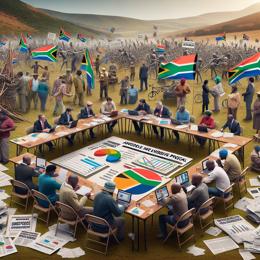Image: AI generated for illustration purposes
South Africa’s Path to Basic Income Support: Progressive Realization Through Incremental Change
The South African government is gearing up to make strides towards establishing a Basic Income Grant (BIG), a move poised to offer substantial financial support to millions of unemployed citizens. The awaited policy proposal is expected to surface in Cabinet discussions before the end of the fiscal year, signaling a key step forward in the nation’s social welfare agenda.
Social Development Minister Lindiwe Zulu has indicated that the proposal, which has been in the works for nearly two decades, stems from the success of the R350 social relief distress grant. This temporary aid, recently extended until March 2025 following an endorsement from Finance Minister Enoch Godongwana, is anticipated to evolve into the proposed BIG.
With the extension of this interim support mechanism, the government intends to gradually introduce BIG, refining the system based on lessons learned and the evolving economic landscape in South Africa. The focus will not be solely on providing financial relief but also on creating pathways for recipients to engage with the economy more actively through employment opportunities and labor programs—an essential consideration in a country grappling with high unemployment rates.
The minister has emphasized the importance of a progressive realization for BIG, which would involve carefully phased tweaks to the existing social relief system rather than an abrupt overhaul. The aim is to avoid overwhelming the country's financial infrastructure while broadening the safety net for the unemployed aged 18 to 59.
Funding BIG is a complex challenge. Minister Zulu has outlined various explored revenue models, each with its unique set of advantages and drawbacks. The government could potentially increase taxes, reallocate existing budgets, or resort to borrowing.
Borrowing, while an immediate solution to fund BIG, could exacerbate South Africa's debt woes, impacting other critical spending areas. Conversely, reallocating funds within the budget would ensure that existing resources are put to efficient use, despite the complexities involved in such strategic shifts.
Taxation, a more traditional route, presents its own set of issues. A wealth tax, though progressively targeted at the rich, risks inconsistent revenue due to potential tax avoidance. Alternatively, an increase in VAT could generate significant funds but would bear upon the poor disproportionately.
The dilemma thus lies in choosing a model that upholds the welfare-driven intent of BIG without compounding existing fiscal challenges or compromising other vital public services. As discussions continue to optimize the approach, South Africa stands at a pivotal moment—poised to adopt a policy that could significantly reshape its social landscape.






